A few months ago police charged the creator of Rurouni Kenshin, Nobuhiro Watsuki, with possessing child pornography. This past week, various anime news outlets pegged the director of Recovery of an MMO Junkie, Kazuyoshi Yaginuma, as an antisemite and Holocaust denier. His antisemitic views appear on his Twitter account. This creates a dilemma for viewers: how can we support a story that comes from not-so-good people?
The question lacks a clear-cut answer. On the surface, the answer seems to be a no. After all, every time you purchase a Rurouni Kenshin manga or purchase a DVD copy of MMO Junkie, some of your money goes to support Nobuhiro Watsuki and Kazuyoshi Yaginuma in royalties or wages. Watsuki had bought some of his child pornography on your dime. Your support also gives Yaginuma a larger platform for his ideas. Whenever a director sees success, their studio is that much more likely to book them for another project. Because of this, it appears the best, moral course of action is to shun these works.
But it gets a bit more complicated.
Watsuki’s work supports the families of those that produce it: animators, editors, layout artists, marketers, etc. Likewise, MMO Junkie supports the livelihoods of the staff that created the work under Yaginuma’s direction, including the original author of the story. By cutting your support, you cut off the finances of these people who are innocent of the problems associated with Watsuki and Yaginuma. Of course, Rurouni Kenshin is an older work, but the funds produced from its continued sales rolls into the projects of the companies that hold its rights. In turn, these funds go toward new manga stories and anime. So when you avoid supporting either of these works, you reduce your support for future projects these companies may pursue. Avoiding MMO Junkie (which is a great modern romance) hurts its original writer Rin Kokuyo, who is innocent of Yaginuma’s antisemitic tweets.
How separate can a work and its author (or director) be? It’s more of a direct question with Rurouni Kenshin than MMO Junkie. Authors can (but not necessarily will) work their proclivities into their works. I haven’t read or seen Rurouni Kenshin; I can’t comment on its content. But authors can’t help but subconsciously add parts of their views and personality to a story. However, that doesn’t mean a work written by a pedophile is full of pedophilia. Directors influence the work (that is, after all, their job), but they still have writers and the source material that limits that influence. MMO Junkie doesn’t have anything antisemitic about it. It would be different if Yaginuma used it as a platform for his views, but he didn’t. I enjoyed its relatable view of modern romance. Couples have met on the Internet and on MMORPGs. And modern culture makes it difficult and awkward to connect to people. Yaginuma uses all kinds of visualizations and scenes to develop this idea and show how the characters struggle with being social. His work and his team did a great job with the small budget they had. Despite Yaginuma’s tweets, I recommend you watch the anime if you like romantic stories.
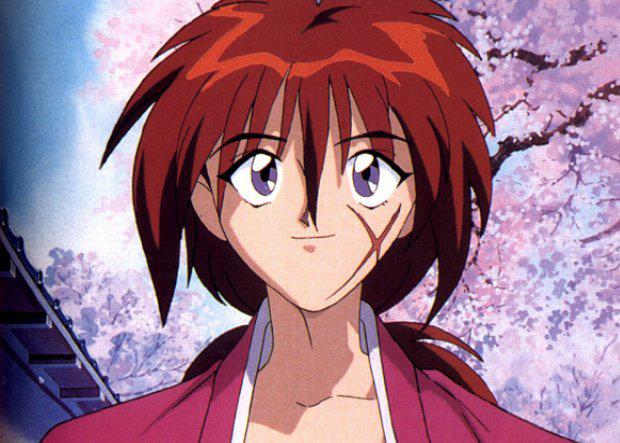 But I still haven’t answered the question of separation. Honestly, I don’t have an answer. The problem appears in American media with all the sexual abuse that has appeared in the last year. The actor may be excellent, but what of his poor, exploitative behavior? Film and animations requires vast teams of people to create. Someone on the credit list has done something exploitative or has a view they shouldn’t hold. But when it comes to ethics it comes down to knowledge. Can you knowingly support a work with controversy behind it?
But I still haven’t answered the question of separation. Honestly, I don’t have an answer. The problem appears in American media with all the sexual abuse that has appeared in the last year. The actor may be excellent, but what of his poor, exploitative behavior? Film and animations requires vast teams of people to create. Someone on the credit list has done something exploitative or has a view they shouldn’t hold. But when it comes to ethics it comes down to knowledge. Can you knowingly support a work with controversy behind it?
As I’ve mentioned in many other posts, stories matter. They shape who we are. Rurouni Kenshin resonates with many people. At some point, fans take over a creative work, not just through fan-fiction writing and fan-art, but also through the personal meaning fans attach to it. Watsuki’s charge doesn’t change the fact that his story shaped the lives of many of its fans. The work lives beyond the author’s conception of it. Likewise, MMO Junkie lives beyond the direction Yaginuma took it. Sometimes stories stand on their own merits, despite the behavior of its creators.
The dilemma extends to literature. Lewis Carroll, the author of Alice in Wonderland, photographed nude children. Yet, his story stands on its own long after his death. Patricia Highsmith, author of the novel Strangers on a Train among many others, was racist and leaned toward antisemitism. Yet Strangers on a Train became a heralded movie directed by Alfred Hitchcock. William Golding, author of Lord of the Flies, attempted to rape a 15-year-old girl as a teen. As an adult, Golding used his students in psychological experiments that ultimately lead to Lord of the Flies ( Wainwright, 2009). J.D. Salinger, author of The Catcher in the Rye, dated a 14-year-old girl when he was 30 (Konigsberg, 2013). H.P. Lovecraft was a well-known racist. T.S. Eliot wrote antisemitic poetry (Julius, 2003).
Despite the issues with the authors, people read and study and enjoy these works. Lord of the Flies and The Catcher in the Rye appear in high-school English classes. Watsuki and Yaginuma follow in a rather common tradition in storytelling. Of course, this doesn’t absolve them, but it does mean viewers and readers often consume and love stories created by people with views and behaviors that aren’t savory. Authors, directors, actors, and animators are, after all, human. From a Christian perspective, their actions don’t surprise (They can still disgust but not surprise.) because we live in a world distorted by sinfulness. Sinful people can create good works of art. If The Catcher in the Rye and Alice in Wonderland can stand on their own merits, Rurouni Kenshin and MMO Junkie can as well if you decide to enjoy those stories.
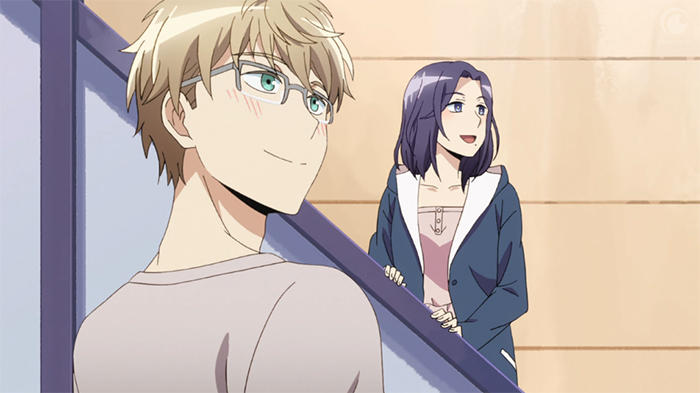 The dilemma comes down to you and how you feel. Of course, if you don’t like Rurouni Kenshin or Yaginuma’s various works, then you don’t have a dilemma. However, if you do, you will have to make a decision, knowing no matter what you decide you will sit in the gray. If you turn away from works with questionable creators, you also won’t be supporting the families of those on the creator’s team who are innocent of the creator’s views or behavior. If you support the works, a part of your funds will support views and behavior you find distasteful. If enough people decide one way or the other, either animation studios and their employees will feel a pinch, or the creator will benefit. Piracy doesn’t provide a third option. It only hurts the ability of studios to produce and their willingness to do so. If you decide to support the work, your decision falls in line with what fans of literature do. It comes down to your conscience.
The dilemma comes down to you and how you feel. Of course, if you don’t like Rurouni Kenshin or Yaginuma’s various works, then you don’t have a dilemma. However, if you do, you will have to make a decision, knowing no matter what you decide you will sit in the gray. If you turn away from works with questionable creators, you also won’t be supporting the families of those on the creator’s team who are innocent of the creator’s views or behavior. If you support the works, a part of your funds will support views and behavior you find distasteful. If enough people decide one way or the other, either animation studios and their employees will feel a pinch, or the creator will benefit. Piracy doesn’t provide a third option. It only hurts the ability of studios to produce and their willingness to do so. If you decide to support the work, your decision falls in line with what fans of literature do. It comes down to your conscience.
Reviewers have it a little more difficult than a viewer with this dilemma. Anime reviewers must watch everything so they can have a framework to make their comparisons and understand anime’s storytelling, character, and animation trends. That means shows like Rurouni Kenshin that has influenced other creators need to be watched and understood (I plan to watch it eventually). Yet, here again, writing about such can go against the reviewers sensibilities. However, reviewers can hedge the issue by explaining the circumstances of the author, director, or other people involved in questionable behavior. While writing, reviewers can separate the work from the creator and explain how the work influenced other creators (as opposed to the original creator’s questionable behavior). While a reviewer may not want to advertise or recommend a work, they cannot deny the place the work has in the greater body of anime or literature. It takes some writing tact, but you can discuss a work without endorsing something you dislike. For example, a review of Mein Kampf may be able to explain how the writing style and content fits in its time period without endorsing its message.
These types of problems will continue to happen. In fact, they will appear more often with the popularity of YouTube. YouTube viewers well know the problems with enjoying content created by people of questionable behavior. It’s up to you to decide if your conscience can bear supporting creators in such situations or not. You decide what messages you want to support and consume.
References
Julius, Anthony (2003) The poetry of prejudice. The Guardian. https://www.theguardian.com/books/2003/jun/07/poetry.thomasstearnseliot
Konigsberg, Ruth (2013) A Portrait of the Artist as Predator. Time. http://ideas.time.com/2013/09/16/portrait-of-the-artist-as-a-predator/
Wainwright, Martin (2009) Author William Golding tried to rape teenager, private papers show. The Guardian. https://www.theguardian.com/books/2009/aug/16/william-golding-attempted-rape

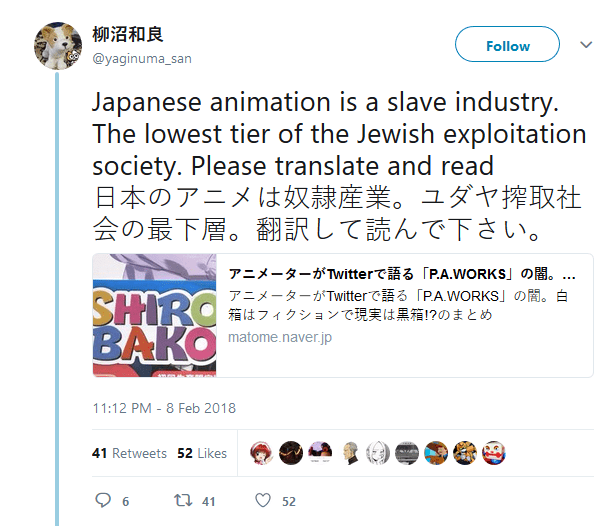
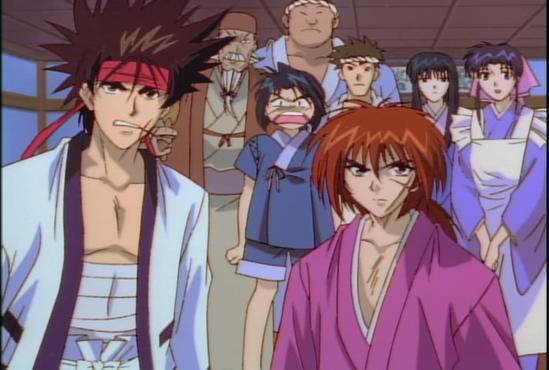
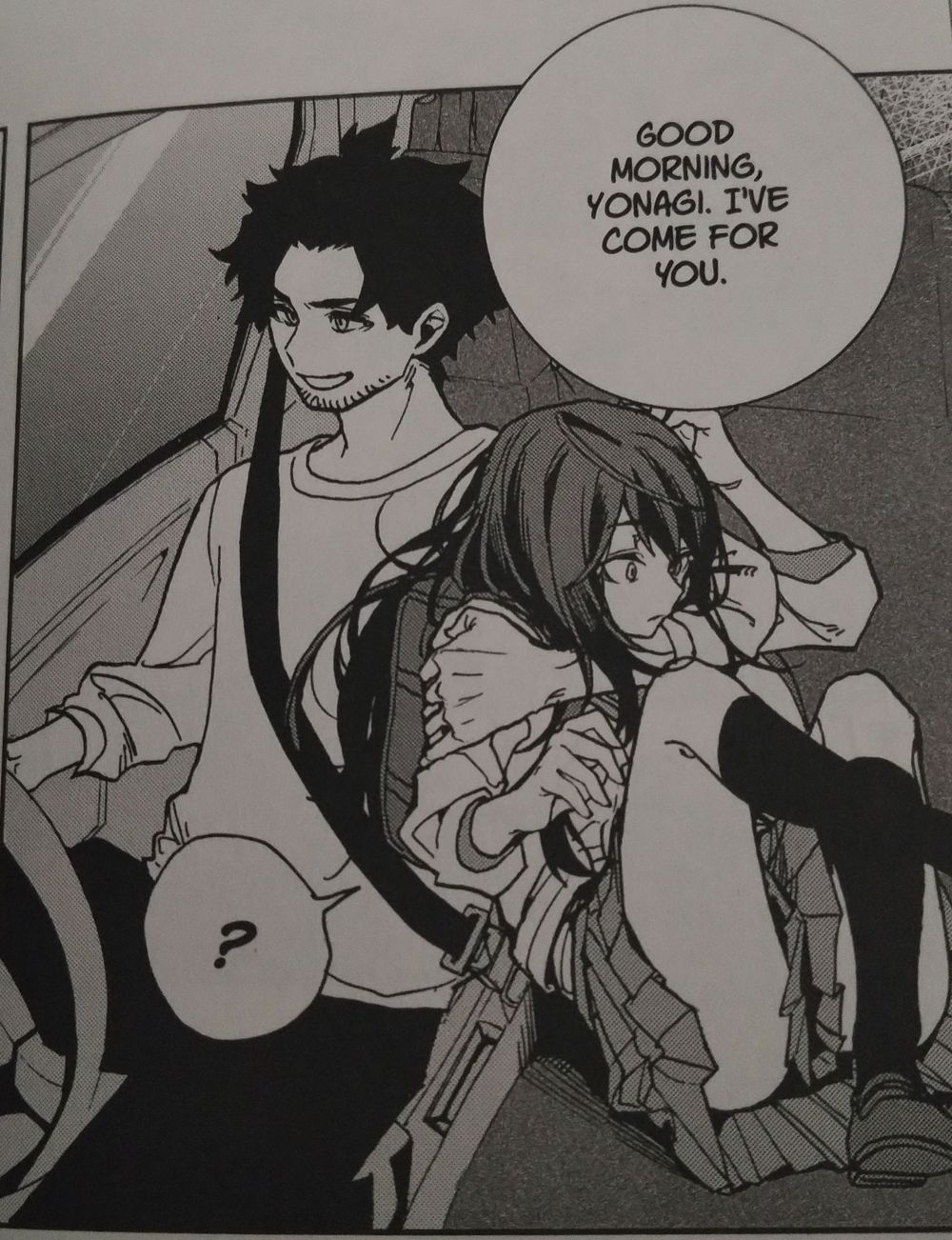
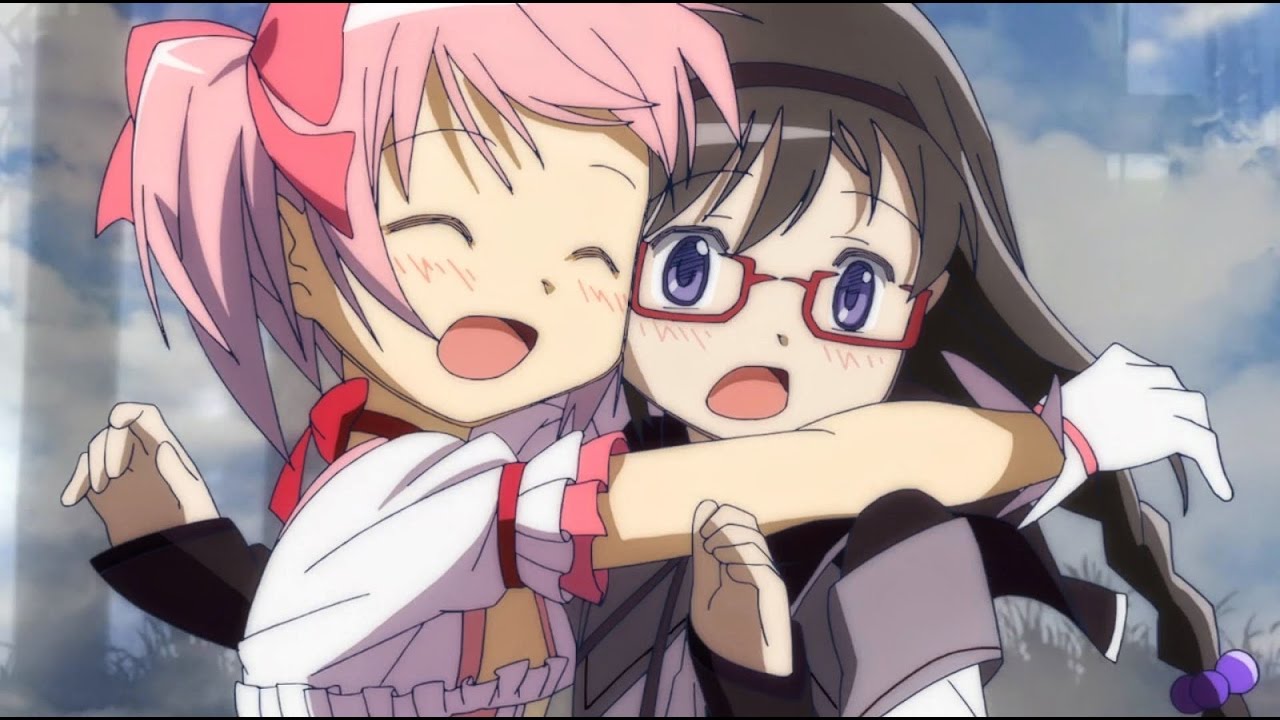
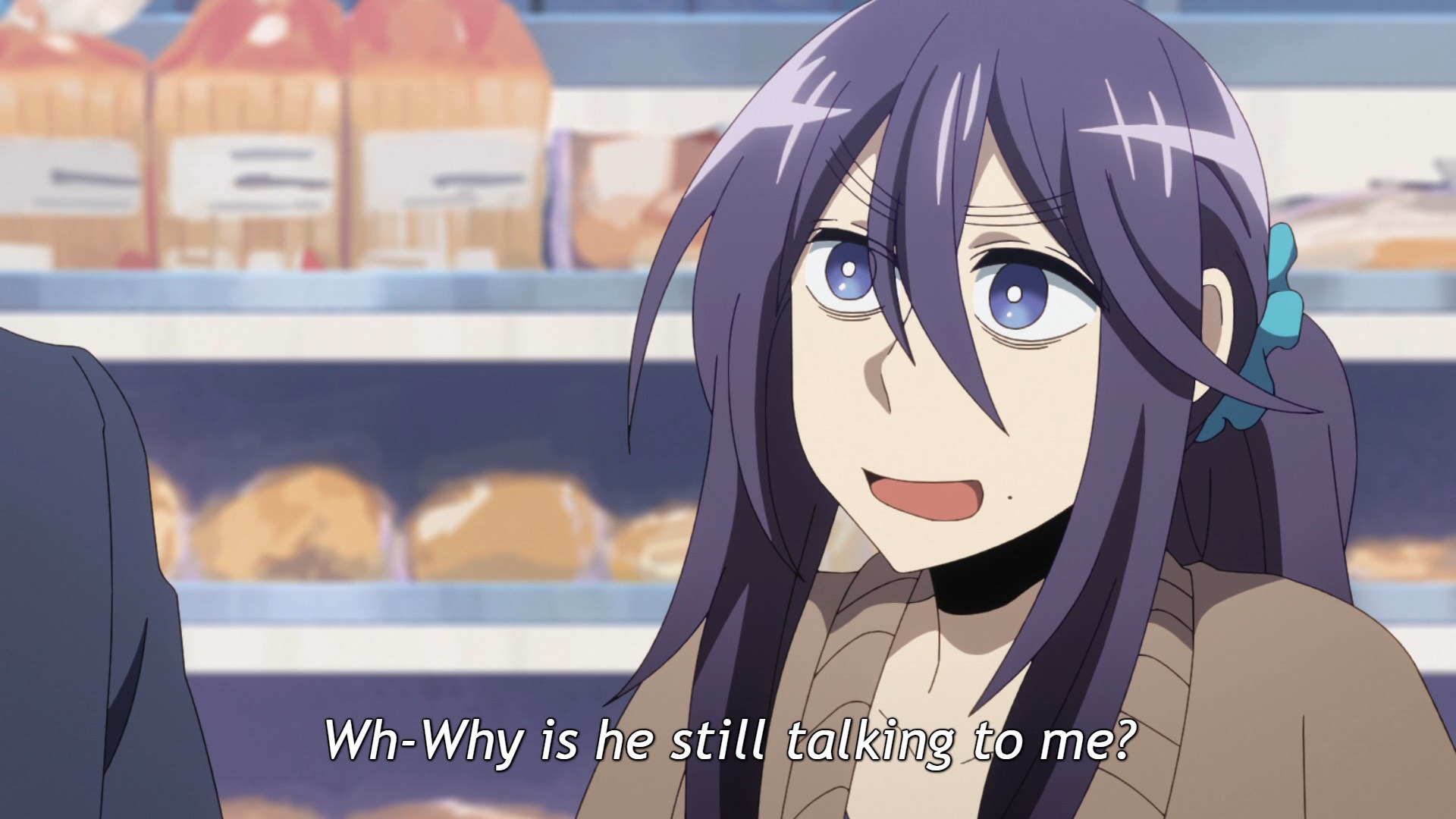
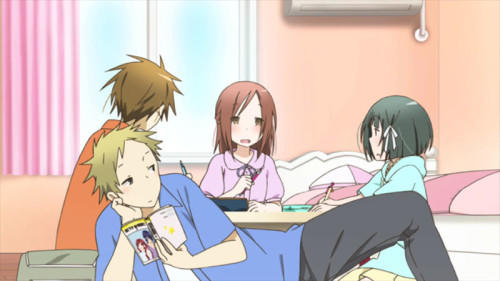
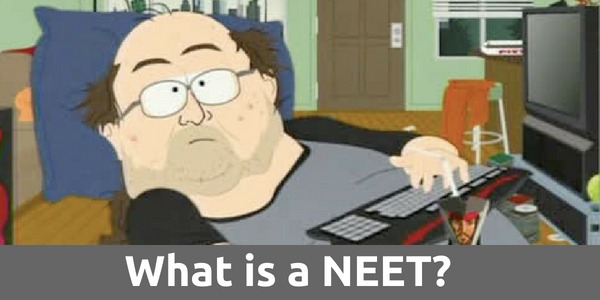
Let’s just keep in mind that these authors are humans too. Nobody’s perfect. Who’s ever been faultless anyways? It is not ours to judge them. It’s not ours to punish them.
Just because we love their works doesn’t necessarily mean that we condone their wrong doings too. If we have been quick to detest them for the bad things they have done, why not praise them for their good works?
And regarding supporting their livelihood, there is nothing really immoral about it. They as fellow human being needs to earn a living too. It’s not as if we are supporting their wrong doings if we are supporting their needs for food clothing and shelter. It is not our place to deprive them of their daily needs. We have no right to judge and decide their punishment as we ourselves are not perfect too.
Exactly so. That’s why I mention how good things can come from “bad” people. That is, all of us. Some people, however, have issues with even a portion of their money going toward something they detest or find immoral. That’s the center of recent contraceptive court cases in the US in recent years.
I have no issues with supporting the livelihoods of Yaginuma and Watsuki either, and you are correct how deprivation of basic needs is immoral. Yet, these funds may also go toward buying child pornography (as in the case of Watsuki). While it was ultimately Watsuki’s decision to spend funds toward such, many people feel some level of accountability when they knowingly give money to someone who will spend it on something deemed immoral. I, for example, won’t knowingly go to a restaurant that serves alcohol because alcohol consumption goes against my spiritual views. A part of my bill will likely go toward replenishing the stock of alcohol, and this may make me, at least in part, morally culpable for someone getting drunk and hurting someone else if such an event would happen. While the final responsibility of the behavior falls on the person, I and everyone else who has purchased services at the restaurant contributed to the opportunity for such behavior. Karma is shared. In views like this, its not about punishment or judgment as much as preventing and curbing such behavior in the future–social responsibility.
You cannot compare buying alcohol from restaurant from patronizing any of the author’s works that is in no way connected to child pornography, illegal stuff, criminal activities or what not. These are two very different scenarios. while one is a vice that can be harmful when abused, the other is just a mere work of art. Patronizing alcohol and illegal drugs are in essence the same. The only slight difference is that one is legal and the other is legal. But it doesn’t erase the fact that they are both harmful to the person using it. And further patronizing these products means supporting an immoral livelihood. Same is true with buying pirated DVDs since you are in essence buying stolen goods when you patronize these products.
But patronizing the works of these authors in question are of very different case. When you patronize their works, you only support and appreciate the great things they have done. Regarding how and where they spend their money, it’s none of our business anymore. They did it with their own choice and their own free will and it’s got nothing to do with us appreciating and patronizing their great works. Let the authorities and law enforcers deal with whatever crime they commit. It’not ours to decide how we punish them from their crime.
And also. just a point to ponder. Assume that everyone in this world think the same way and would deprive them of their income just because of the mistakes they have done in their life. What do you think will happen to people like them?
1. We deprive them of their livelihood.
2. We give them access only to illegal and immoral activities
3. We deprive them of chance to change and repent from the wrong things they have done.
Not a very moral thing to do to a fellow human being.
As in contrast to continued support of the great works they have done. What if everyone in this world will do that?
1. they would be encouraged to continue producing such excellent works
2. in case they spend their money on criminal and illegal activity the authorities and law enforcers will inevitably get to them sooner or later. (that’s their karma to take. not ours)
3. we continue enjoying the great stuff they have to offer
4. we allow them a better livelihood alternative
5. we give them a chance to repent and change for a better life
Not bad. Definitely more beneficial for both the society, and these people.
You touch on a problem within the US with crime. Depending on what you do, you carry the crime with you–employers won’t hire you because of it. Which, in turn, prevents the person from earning an honest living, driving them back toward crime as a means of living.
The dilemma people have with our topic is a sense personal involvement and a sense of shared responsibility. Right or wrong, public figures like authors are scrutinized more than people who aren’t in the public’s gaze. Stephen King, for example, saw flak for a tweet many people found offensive. Part of the issue comes from how people wrap their sense of identity with the media they consume. When suddenly an author is found saying something immoral or caught with child pornography, that identity comes under threat too.
People should be given a chance to change–punishment is more cathartic than change inducing. However, people also have the right to their conscience as I attempted to show with my alcohol example. If they feel wrong supporting an author whose work is associated with antisemitic thoughts or pedophilia (regardless of whether or not the work contains such messages) then that is their right. Association matters when it comes to art, however unfair this is for the work itself. I recommend anime fans watch both MMO Junkie and Rurouni Kenshin, but I also recognize some won’t be able to do so because of their concerns or won’t be able to watch both works without looking for antisemitic or pedophilic messages.
It’s really up to the people what to decide really. If they really don’t feel like supporting these authors we cannot blame them. We also cannot blame them for sympahthizing for the victims. With that I can see where they are coming from.
Just wanna point out that there’s really nothing wrong with supporting these authors great works. To point out that whatever they decide to do with their lives, it is their choice to make, not ours. Thus, we are, in no way involved whatsoever in their criminal activity even we patronize their works. By patronizing their great works we are merely encouraging them and honor them for their excellency not for whatever criminal activity they are involved with, as contrary to what others might believe.
Yes, that was the reason why I decided to write this article. For many, it is a dilemma. For others, they may feel pressured not to support the creators by peers or media. I wanted to outline some of the considerations behind both options.
We always have good discussions, Kuntao. I really appreciate your comments : ).
My pleasure. Keep up the good work.